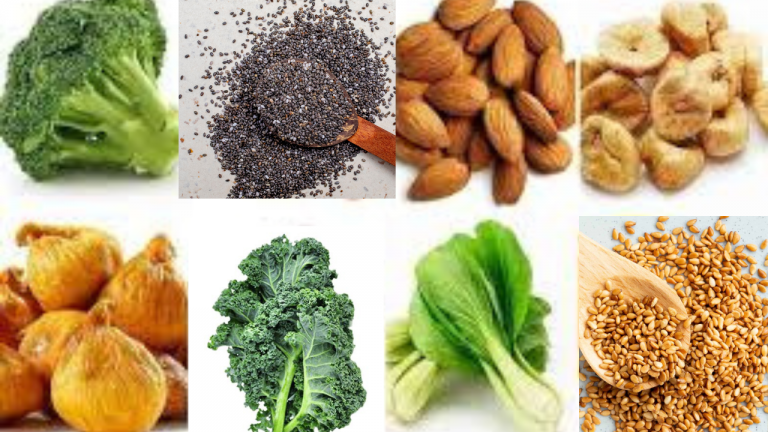What are Some Common Sources of Vegetable Proteins?

There are numerous sources of vegetable proteins, which can provide essential nutrients and be part of a healthy diet. Some common sources of vegetable proteins include:
Legumes: Legumes such as lentils, beans, chickpeas, and peas are excellent sources of vegetable proteins. They are versatile and can be used in a wide variety of dishes, including soups, stews, salads, and plant-based protein patties.
Nuts and seeds: Nuts and seeds like almonds, walnuts, chia seeds, flaxseeds, and hemp seeds are good sources of vegetable proteins. They can be eaten on their own as snacks, added to smoothies, or used as toppings for salads, yogurts, and other dishes.
Whole grains: Whole grains like quinoa, brown rice, farro, and bulgur are also sources of vegetable proteins. They can be used as a base for salads, grain bowls, or as a side dish in place of refined grains.
Tofu and tempeh: Tofu and tempeh are plant-based protein sources made from soybeans. They are popular in vegetarian and vegan diets and can be used in a variety of dishes such as stir-fries, curries, soups, and sandwiches.
Leafy greens: Leafy greens like spinach, kale, and collard greens are not only rich in vitamins and minerals but also contain protein. They can be used in salads, smoothies, soups, and sautéed as a side dish.
Seitan: Seitan, also known as wheat meat or wheat gluten, is a high-protein meat substitute made from wheat protein. It has a chewy texture and is commonly used in vegetarian and vegan dishes such as stir-fries, stews, and sandwiches.
Plant-based protein powders: Plant-based protein powders made from sources like pea, rice, or hemp protein can be added to smoothies, shakes, or baked goods to boost protein content.
These are just a few examples of common sources of vegetable proteins. Including a variety of plant-based protein sources in your diet can help you meet your protein needs and maintain a well-rounded, balanced diet. It’s always best to consult with a healthcare professional or a registered dietitian for personalized nutrition recommendations.



